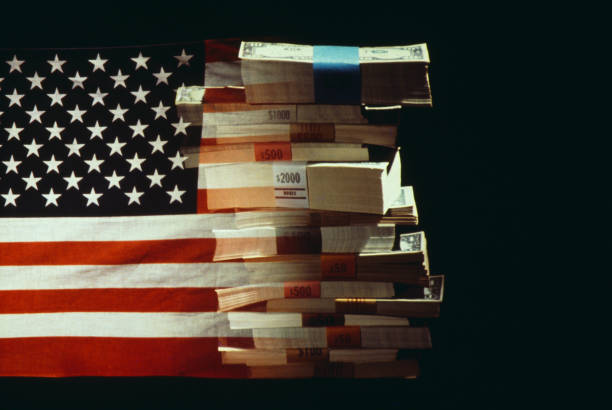In today’s world, human suffering alone isn’t enough to trigger action. You can have war, genocide, mass starvation, and still—nothing happens. No headlines. No troops. No real help. But throw in some oil, a trade route, rare earth minerals, or a pipeline? Suddenly, the world “cares.”
Let’s be honest: global powers don’t move for morality—they move for money.
And once you see it, you can’t unsee it.
Not Every Crisis Gets a Spotlight
Some conflicts dominate the news cycle. Others barely get a mention. Why?
Yemen has faced one of the worst humanitarian disasters in decades. Bombings, famine, disease—millions suffering. But the outrage? Minimal. Action? Almost none.
Now compare that to Ukraine. Within days of invasion, billions of dollars poured in. Sanctions were slapped down. Flags went up around the world. Why the difference?
Simple: geopolitical interest and economic stakes. Ukraine isn’t just a country—it’s a buffer between the West and Russia. It has ports, pipelines, and a role in European energy.
It’s not about people. It’s about power.
Intervention Is Rarely Free
Let’s be clear: global powers don’t send aid, weapons, or armies out of generosity. Every move is calculated.
The U.S. doesn’t fight wars for “freedom.” Russia doesn’t send troops for “protection.” China doesn’t build infrastructure just to “help.”
There’s always a return. Whether it’s:
- Strategic influence
- Access to natural resources
- Control over trade routes
- Military presence in a key region
Intervention is an investment. If there’s no payoff, expect silence.
The “Good Guys” Don’t Always Save the Day
We like to believe in heroes. The West loves to paint itself as the world’s protector. But look at history—it’s not so black and white.
- Rwanda: 800,000 people killed in 1994. The world stood by. Why? No resources, no major economic interests.
- Libya: NATO intervened. Not for democracy—but for oil and influence.
- Afghanistan: 20 years, billions spent, thousands dead. What’s left? A broken country—and war contractors who got rich.
It’s not about justice. It’s about profit disguised as principles.
Human Rights as a Selective Tool
Whenever a powerful country wants to justify action, they suddenly “care” about human rights. But it’s rarely consistent.
Why condemn one dictator while shaking hands with another?
Saudi Arabia has a long track record of human rights abuses. But it’s also a major oil supplier and arms buyer. So Western nations stay friendly.
Meanwhile, smaller countries with no leverage get sanctioned, isolated, or ignored entirely.
The message is clear: morality is flexible, but money talks.
The Business of War
Let’s not forget—war is an industry.
Every bomb dropped, every tank deployed, every troop mobilized—means contracts, profits, and political gains.
Military contractors, defense companies, logistics suppliers—they don’t just survive in conflict. They thrive in it.
When war means money, peace becomes bad for business.
So why would anyone rush to stop a conflict if they’re benefiting from it?
Aid Comes with Strings
Even when help does arrive, it’s rarely neutral.
Foreign aid often comes with conditions: economic reforms, privatization, alignment with certain powers. It’s less about rebuilding and more about reshaping a country to suit external interests.
Loans from the IMF or World Bank? Often followed by policies that weaken local industries, raise costs for citizens, and open markets for foreign companies.
Aid isn’t charity—it’s leverage.
So, What Can Be Done?
If you’re looking for a neat solution, you won’t find it here. This is a messy world, and politics is rarely clean.
But here’s what we can do:
- Expose hypocrisy when it happens
- Amplify forgotten voices from places the world ignores
- Hold leaders accountable, even when they claim to act for good
- Follow the money, because that’s where the real motives live
And most importantly: stop pretending it’s about morality when it clearly isn’t.

